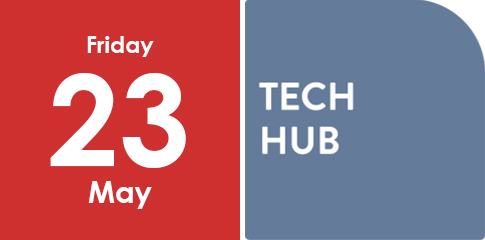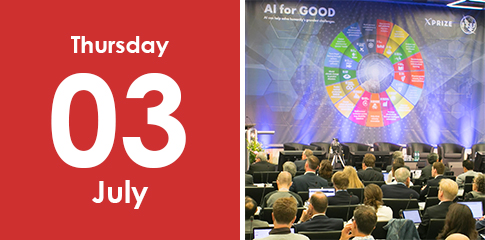We are pleased to introduce Glenn O’Neil, Founder of Owl RE consultancy, who will deliver a learning session at the upcoming edition of the Advocacy and International Public Affairs Executive Programme starting on 26 March 2024.
Could you please introduce yourself and tell us more about your professional experience?
Over the past 15 years, as founder of Owl RE consultancy, I have been involved in some 100 evaluations and research projects in over 60 countries in Africa, Asia, the Americas and Europe. Mainly for international organisations and NGOs, these evaluations and research projects focused largely on communications, advocacy, policy influence and emergency response in various sectors, including the environment, migration, health, media, development, civil society, youth, human rights and humanitarian aid. I have a specialisation in evaluating advocacy initiatives, having carried out evaluations in this area for Oxfam, the International Cocoa Initiative, UNHCR, Doctors without Borders and WaterAid. Support has also been provided to organisations in monitoring and evaluation frameworks and mechanisms to monitor advocacy and communication campaigns. In the decades prior, I was a field communications delegate for the International Committee of the Red Cross with postings in Africa, Asia and the Balkans. I have a PhD in social research and methodology from the London School of Economics and an Executive Master in Communications Management.
How can your session help the participants in their learning journey?
This session focuses on evaluating and measuring advocacy; the methods and approaches that can be used are described with many case studies and examples from the real-life practice of carrying out evaluations of advocacy initiatives.
What does Advocacy mean to you?
Advocacy is all about change – advocating for change in the policies and practices of private and public institutions. Individual advocates and organisations follow a pathway of using diverse tactics, including research, coalition-building and mobilisation, to make advocacy “work” and bring about changes to policies and practices that impact our lives.
What do you like about passing on your knowledge?
I like to explain and show participants how we can measure and evaluate the results of advocacy – it is possible to do it. I use real-life examples of evaluations I have done in diverse fields, including health, humanitarian aid, environment and development. Participants find it interesting to learn the evaluation methods and to be able to show – that advocacy does work!
What advice would you recommend to participants looking to join your field of work?
Participants interested in research and evaluation should ideally have experience working on advocacy initiatives, skills, and interest in research and data. I think the best way to start is by looking at an advocacy initiative you are involved with and thinking – how could I evaluate this initiative – and then do it!
What is your favourite quote?
“Evaluating advocacy can help understand what progress you have made; are you influencing change – how and where?”
Take the opportunity to join this cohort and exchange with highly professional experts from diverse sectors.
Apply now









0 Comments